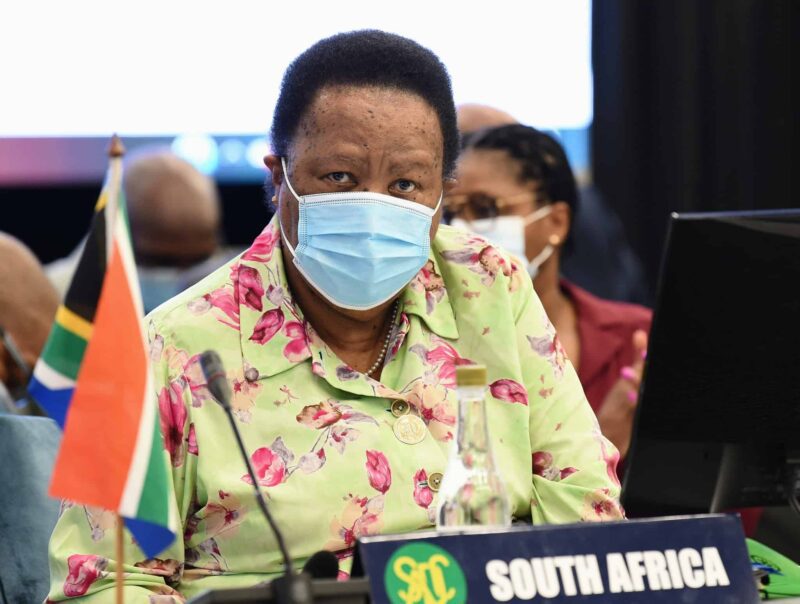Research on the state of freedom of expression in eight Southern African Development Community (SADC) states under COVID-19 lockdown laws and regulations found problems in the areas of media sustainability and freedom of expression restrictions, but the development of new media innovations gives a ray of hope.
The research was conducted by Internews as part of the Advancing Rights in Southern Africa (ARISA) consortium, with support from USAID.
Watch an interview from Watsup Africa with Internews’ Country Director in South Africa, Teldah Mawarire about the results of the report:
Encouraging results show that news consumption patterns are shifting and there is more interest by media to use social media as a channel for sharing news. Overall, the pandemic was an opportunity to improve journalism. Sadly the research also revealed that COVID-19 temporary measures and laws on lockdowns dented freedom of expression gains that had been made over the years. There are concerns that if there is no financial intervention or adoption of sustainable revenue solutions in SADC, print media that were already in financial dire straits before the pandemic, will close their doors permanently.
The pandemic saw countries invoking shutdowns that restricted movement and, in some cases, resulted in companies closing causing loss of jobs and income and impacting media revenues from newspapers sales and advertising. Findings also show that the pandemic had various effects on journalism quality, mental integrity of journalists and operational problems that rendered the work of journalists difficult.
